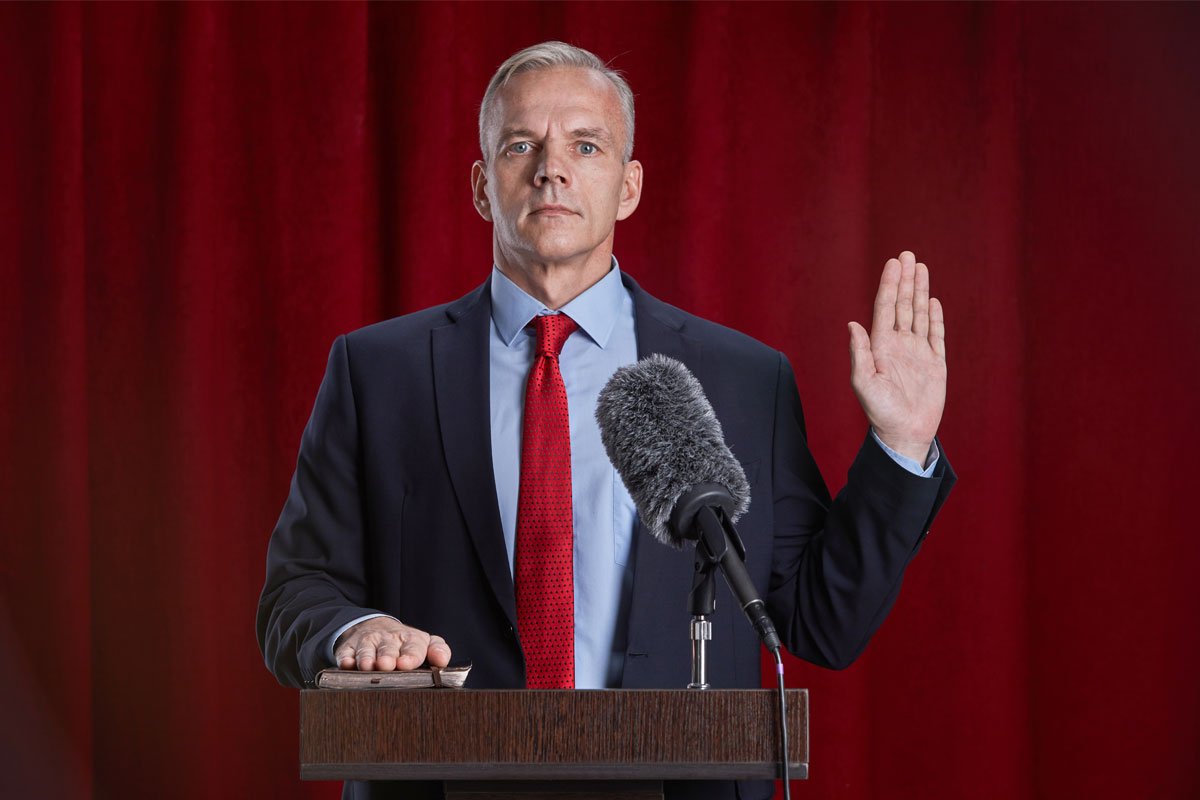
Marvin Gaye released a song in the 1960’s titled Can I Get a Witness? that became one of his many hits. The song was performed in a gospel harmony with several backup singers, including Diana Ross and the Supremes and has been covered many times over the years, including by the Rolling Stones. It’s a classic!
In litigation, the use of expert witnesses to help juries understand complex facts of the case is common, and an expert’s testimony can make or break your case. When it comes to eDiscovery and digital forensics best practices and expert witnesses, you may want to consider asking the question “Can I get a witness?” more often.
FRE 702 governs the use of expert witnesses in Federal cases. It says:
A witness who is qualified as an expert by knowledge, skill, experience, training, or education may testify in the form of an opinion or otherwise if:
The handling of electronic evidence in discovery is subject to “reliable principles and methods” and the use of experts to provide affidavits, declarations or testimony can be very important to defend your eDiscovery and digital forensics practices or authenticate the evidence you’re producing and using in the case. It can also be important to assess your opponent’s eDiscovery preservation and collection practices (in an effort to obtain sanctions against them if they spoliated evidence) or validate (or refute) cost estimates for performing discovery in a case.
We most commonly think of expert witnesses delivering testimony in trial for the jury to consider. But expert witnesses can often have an impact on judicial decisions, especially when it comes to eDiscovery and digital forensics issues.
Here’s a case where the use of an expert resulted in the Court ordering the opposing party to produce certain evidence in the case. In Benebone v. Pet Qwerks (covered by Forensic Discovery Educational Partner eDiscovery Today here), the parties disputed whether the plaintiff’s Slack messages should be included in discovery. When the Court ordered the parties to meet and confer further regarding possible Slack production, the plaintiffs estimated that it would cost $110,000 to $255,000 to extract, process, and review 30,000 Slack messages and contended that the effort would be an undue burden and would not be proportional to the needs of the case. However, the plaintiff did not provide a declaration from an eDiscovery expert to support its conclusions.
In response to the plaintiff’s estimate, the defendants did submit a declaration from an expert at an eDiscovery vendor who discussed the ability to streamline the review and production of Slack messages and provided a much different cost estimate to support the effort – only $22,000, a small fraction of what the plaintiff estimated. Because the plaintiff refused to produce the Slack messages, the defendant filed a motion to compel.
How did the judge rule? Relying on the testimony of the defendant’s expert witness who the judge found to be a “knowledgeable and credible witness on this subject”, the judge ordered the plaintiff to produce the Slack messages. Without the expert declaration, the defendant may not have been able to get access to this very important evidence in the case.
That’s just one case example of how the use of an expert witness in a case to address a discovery dispute made a difference. For another example – one that involves Forensic Discovery – click on the link below and scroll down to “The Proof is in the Results”.
The use of expert witnesses to support discovery positions can be the difference in your case and you may want to consider asking the question “Can I get a witness?” more often. And don’t worry, you can just say the question – you don’t have to sing it!
Next time, we will discuss what factors to consider when choosing an eDiscovery and digital forensics expert witness.
To schedule a free computer forensics consultation for your law firm or business, contact Forensic Discovery online or call us at 877-764-0920. Our certified computer forensics experts have helped thousands of clients throughout the country retrieve and preserve digital evidence from our offices in Arizona, California, Colorado, and Texas.
"*" indicates required fields